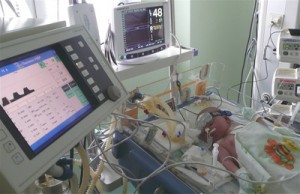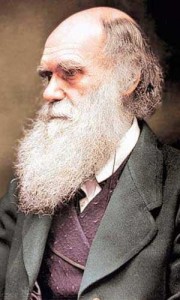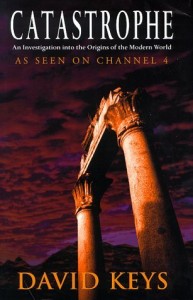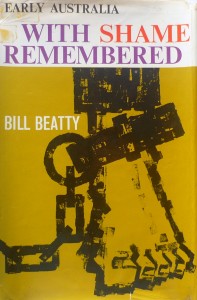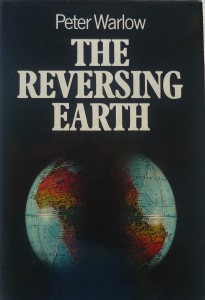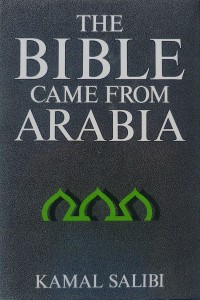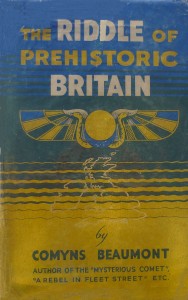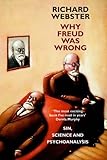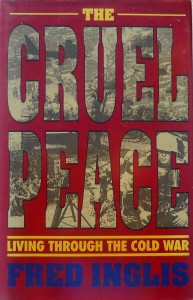Rating: 




 One Flew Over The Cuckoo’s Nest [1975] [DVD]
One Flew Over The Cuckoo’s Nest [1975] [DVD]
This 1975 classic portrayal of how the routine of an American psychiatric asylum turns upside down by one man, a disruptive, rebellious prisoner feigning madness, Randall P McMurphy, who was unforgettably portrayed by Jack Nicholson. It is a deceptively simple story, set within a stiflingly small world, the ward ruled by Nurse Ratched. 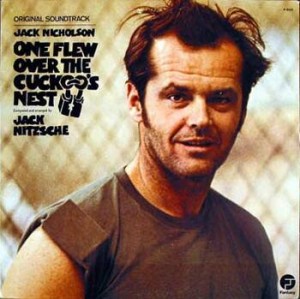
With the potential to fail miserably, considering the bleak setting, it is at turns dramatic, frightening, funny, moving and uplifting. It is based on the 1962 novel of the same name by Ken Kesey, a psychiatric nurse with a serious point well made, the lack of humanity in such institutions of the time. We may well feel we are on familiar ground here, since so many films, novels and TV series have similarly explored the dehumanising aspects of large institutions, for example, hospitals, prisons, schools and military establishments, all having received attention. Needless to say, if not the first, ‘One flew over the cuckoo’s nest’ is a definite front runner. One could draw a comparison with ‘Hamlet‘, set within the confined court of Elsinore, and the central question, “Is he mad or isn’t he”?
The novel ( One Flew Over the Cuckoo’s Nest ) is told through the eye of the narrator, a mute Native American, Chief Bromden. It can take a while to follow him, as he explores the idea that the patients were the only sane, truly human people within a closed society forced into compliance by a powerful, machine-like, autocracy, using drugs and electro-convulsive treatment on the patients, and more subtle means on the lesser staff. The film opted for a more objective, conventional narrative, which reportedly infuriated Ken Kesey. The rumour is that he would never watch the film.
